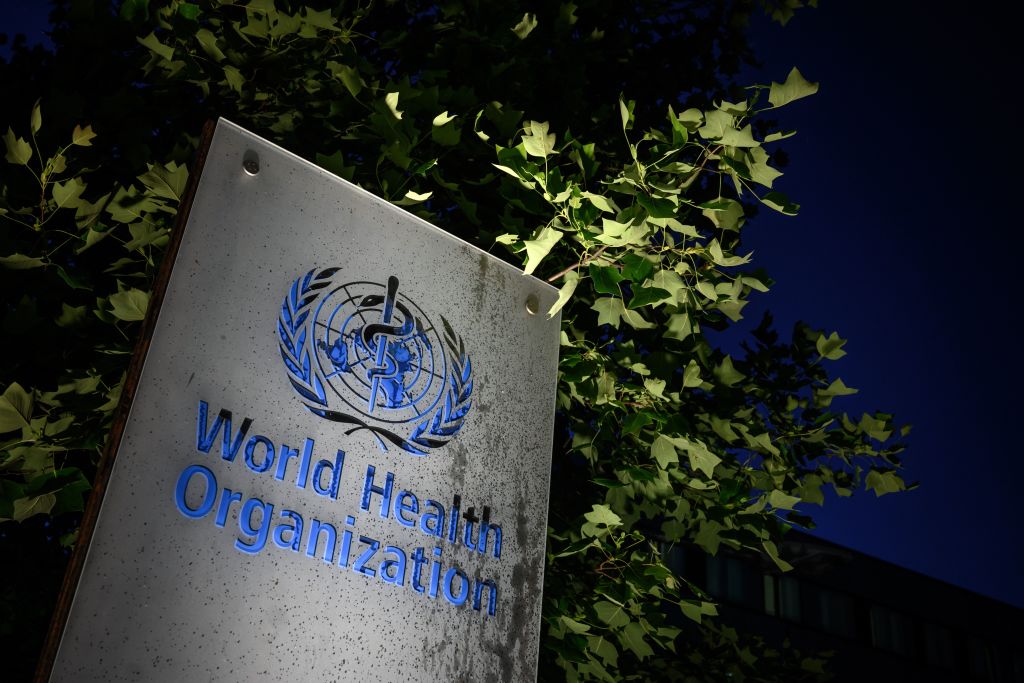(Washington, D.C., C-FAM) Abortion advocates are using WHO guidelines to promote at-home medical abortions, claiming they empower women and maximize “comfort and support,” despite the known harms.
The World Health Organization (WHO) released updated “self-care” guidelines recommending the self-administration of abortion-inducing drugs without the direct supervision of a doctor.
“Women can manage their reproductive health,” said Lilian Muchoki of Women First Digital, a pro-abortion organization providing WHO-approved instructions to women seeking abortions in countries where it is restricted or illegal, on a recent webinar.
The WHO guidelines assert that the promotion of “self-care” interventions will ensure that individuals, families, and communities can promote health and prevent disease where they lack access to essential health services or when services are disrupted due to emergencies.
Interventions include self-administration of injectable contraception, emergency contraception, and pills to induce abortions.
The WHO has a long history of laying the groundwork for widespread access to abortion, including adding abortifacients mifepristone and misoprostol, and the combination packing of the two, to their Essential Medicines Lists.
Claiming that self-care interventions have the greatest potential to address unmet needs or demands in marginalized populations, the WHO guidelines promote the use of self-managed abortions “in countries where abortion is illegal or restricted.”
Women First Digital is not the only organization capitalizing on social media technologies and the sudden rise of telemedicine during the pandemic to bring abortion to women living in nations where the procedure is illegal. The Reproductive Health Network Kenya (RHNK) created a virtual network of illegal abortion providers operating within the Kenyan health care system and Planned Parenthood of Ghana (PPG) uses social media messaging to instruct women how to use abortion pills.
This approach is “based on a dream that abortion will be de-medicalized, the same way that contraception and other options are de-medicalized,” Muchoki said.
However, despite their insistence that self-managed abortions are safe and easy, abortion advocates still face the reality that many women are unwilling to undergo a self-managed abortion at home.
“Some of these girls, because of the pain they don’t want to have it in their house, but at least we are able to give them the necessary information, so they are able to manage the pain at their level,” said Abigail Ogunro-Yorke, midwife and facility head of PPAG Family Health Clinic, Accra, during the “self-care” webinar.
Clandestine abortion providers often rely on their patients to procure the correct drugs at the correct dosage, and to take the pills as directed. However, many women fail to follow provider instructions.
Some of the women going through the abortion process are nervous and anxious since no one around them realizes they are taking abortion pills, said Nelly Munyasia, Executive Director of RHNK. They “only take the first pill and don’t take the second pill.”
Women who do follow the provider’s instructions are left to deal with the painful and frightening effects of the medications alone.
“Clients call often after the second dose. It’s the second dose that scares them,” said Ogunro-Yorke. They “will be screaming” because they are vomiting and feverish, “and that is what scares them,” advised Ogunro-Yorke.
Despite the evidence that self-managed abortions cause hemorrhaging and other dangerous effects, abortion advocates steadfastly assert that “self-care” abortions empower women and maximize support even though women are left to face the physical, psychological, and emotional consequences of their abortions alone.
Editor’s Note: Alexis I. Fragosa, Esq. writes for C-Fam. This article first appeared in the Friday Fax, an internet report published weekly by C-Fam (Center for Family & Human Rights), a New York and Washington DC-based research institute (https://c-fam.org/). This article appears with permission.
“Like” Live Action News on Facebook for more pro-life news and commentary!







